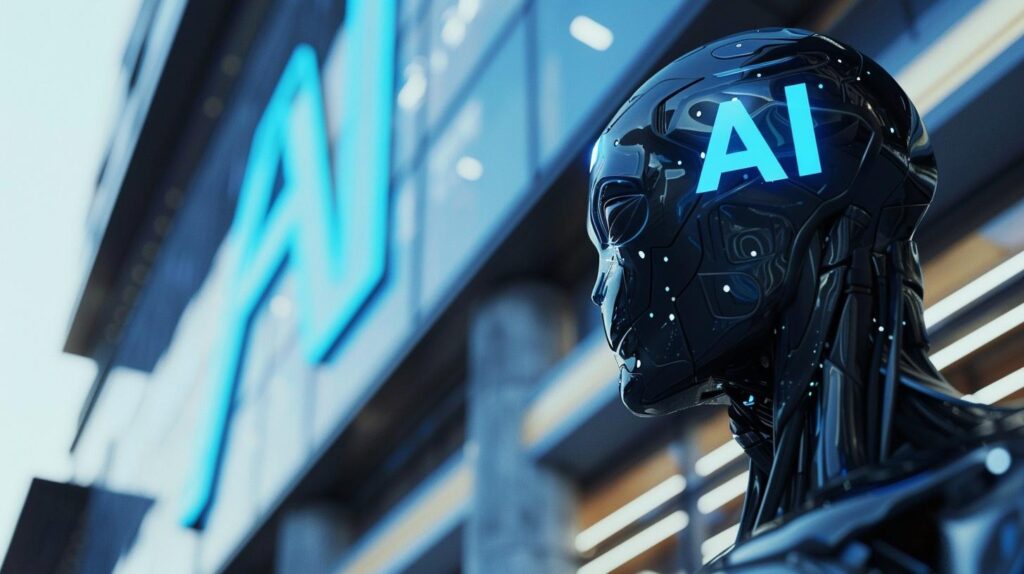Researchers observe a shift towards secrecy in AI companies leading to challenges in evaluating accuracy and safety of AI-generated content. Calls for increased transparency aim to enhance public and regulatory oversight.
Researchers and experts in the field of artificial intelligence (AI) have observed a decline in transparency among major AI companies such as OpenAI, Google, Amazon, and Meta. Historically, AI advancements were marked by open collaboration and the sharing of research, but this culture has shifted significantly since the commercial boom of AI applications like OpenAI’s ChatGPT.
A Stanford University index highlights the shortfall in transparency, an issue exacerbated by companies’ reluctance to disclose details of their data and models. This lack of openness is driven by concerns over competitive advantage and potential copyright infringement suits, which makes it difficult for external parties to evaluate the accuracy and safety of AI-generated content.
Recent internal disputes at OpenAI, including the departure of co-founder and chief scientist Jan Leike, have brought attention to these transparency issues. Leike has criticized the company’s focus on commercial products over safety considerations.
Governments are beginning to respond with regulations aimed at ensuring AI safety. Events such as the conference at Bletchley Park, President Joe Biden’s executive order on AI, and the EU’s AI Act are steps toward imposing regulatory frameworks. However, these measures primarily address safety tests rather than advocating for full transparency.
The call for increased transparency in AI aims to enable public and regulatory assessment of AI models, ensuring safer and more reliable AI development.










